Description
This issue of Socrates has been divided into five sections.
The first section is Language & Literature- English.
The paper authored by Mehnaz Khan and Hasnain Mashood Ali applies Goffman’s model as a comprehensive approach to analyze the data to understand the role of health in identity formation. The findings examined within the context of ideological and cultural background and interpreted in the light of Althusser’s (1971) ideological framework. The paper concludes by stating that identity is the product of social relationships implicitly formed in the ideological background and is a source of motivation and expectations to transform one into social being capable of expressive control.
The paper authored by Amaladhas Dr J. Black analyses the consciousness that grew out of the unrelieved suffering and psychological traumas of a group of people who were subjected to overt and covert racism in the USA for about four centuries.
The second section of this issue is Psychology. The Paper authored by Ioanna C. Bitchava, Paleologou Angie-M. P, Chrousos George P., Artemiadis Artemios K. and Darviri Christina is an innovative quasi-experimental study, whose core aim was not only to investigate the role of Stress and Stress-Management on the Physical, Mental, and Cognitive Health of first-year University Students during the transition period into the tertiary education system (especially in the contemporary Greek Society), but also to apply an innovative Stress Management Technique [based on the Ancient Greek Philosophy – with contemporary successful effects], Pythagorean Self-Awareness –comparatively to the worldwide “classic” Stress-Management Techniques – for the first time worldwide into this target-group, as well. This paper is an issue of great importance.
The third section of this issue is Sociology.
The paper authored by Neha Singh and Dr Neeraj Mishra explores the nuances that industrialization is mired with, in relation to the rivers, associated large infrastructure and rivers attributed sacredness. The paper uses the case of river Kshipra flowing in the city of Ujjain to explain the shifting attribution of ‘sacred’ from natural things like rivers to materialistic things like money. The paper discusses the change in the significance of river during a world famous festival of Hindus for holy dip Simhastha. The paper explains the shift in focus of Simhastha from holy dip to crowd control, space allocation, crass commercialisation and unchecked competition. It explains using the theory of sacred and profane of Durkheim and Eliade, how in the modern time’s secularisation of religion and sacralization of secular has created the sacred/profane distinction which is making the rivers only the source for consumption forgetting their actual significance.
The fourth section of this issue is Politics, Law and Governance.
The paper authored by Dr Adesanya Olusegun Paul and Olominu Tomi explores some of the responsible variables are a mind-body problem, alternative thinking, and poverty to mention a few. These variables are the identified drivers of dimensions of insecurity and/or crises that are witnessed in both countries. Given this, the study demonstrates the role of the fugitive youths in the abating terror attacks at the frontiers and within some regions of Nigeria and Cameroun. Also, the study argues that priority should be accorded to the factors inducing fugitive youths to embrace anti-social/anti-societal behaviours, especially terrorism within the Nigeria and Cameroun.
The fifth section of this issue is Digital government/E-government/Electronic government/Online government. The paper authored by Alsaeed Abraheem and Dr Carl Adams undertakes a comparison of eGov strategies among countries at different levels of instability. It highlights the different approaches for implementing activities, and thus directs policy makers in highly unstable societies to important aspects and to embrace gaps during the implementation process. Consequently, the lessons learned by adopting best practice from different contexts enhances the process of activities’ development in an unstable environment. This paper aims to emphasise on the factors that influenced strategic planning in societies with different levels of stability to adopt eService successfully. This comparison study explores the eService strategies among three cases namely: eGov Strategy in Syria, Saudi Arabia and the United Arab Emirates. The result reveals the approaches that each government had adopted in order to reach their eGov potential. We apply the Reinventing Government approach by Osborne and Gaebler (1992) as a theoretical framework. By using their ten principles of transforming governments this provides understanding about the context and issues of providing eGov services within the three case studies and to what degree each case strategy has an influence on the activities implemented.
The paper authored by Dr Tetiana Fesenko and Dr Galyna Fesenko aims to outline the role of ICT in urban management. The digital segment is presented as significant for making cities sustainable, and for expanding access to basic services for large numbers of people. The matrix of ICT-tools in relation to sustainable cities development targets is developed. The comparative review of Digital City, Intelligent City, and Smart City is provided. The municipal e-government data of international ratings are analyzed with the special focus on aspects of online services management. The existing digital gaps between cities are pointed out in terms of e-governance maturity. It is proposed the maturity model of the municipal digital office, which it consists eight levels of the functional responsibility for urban online services development.


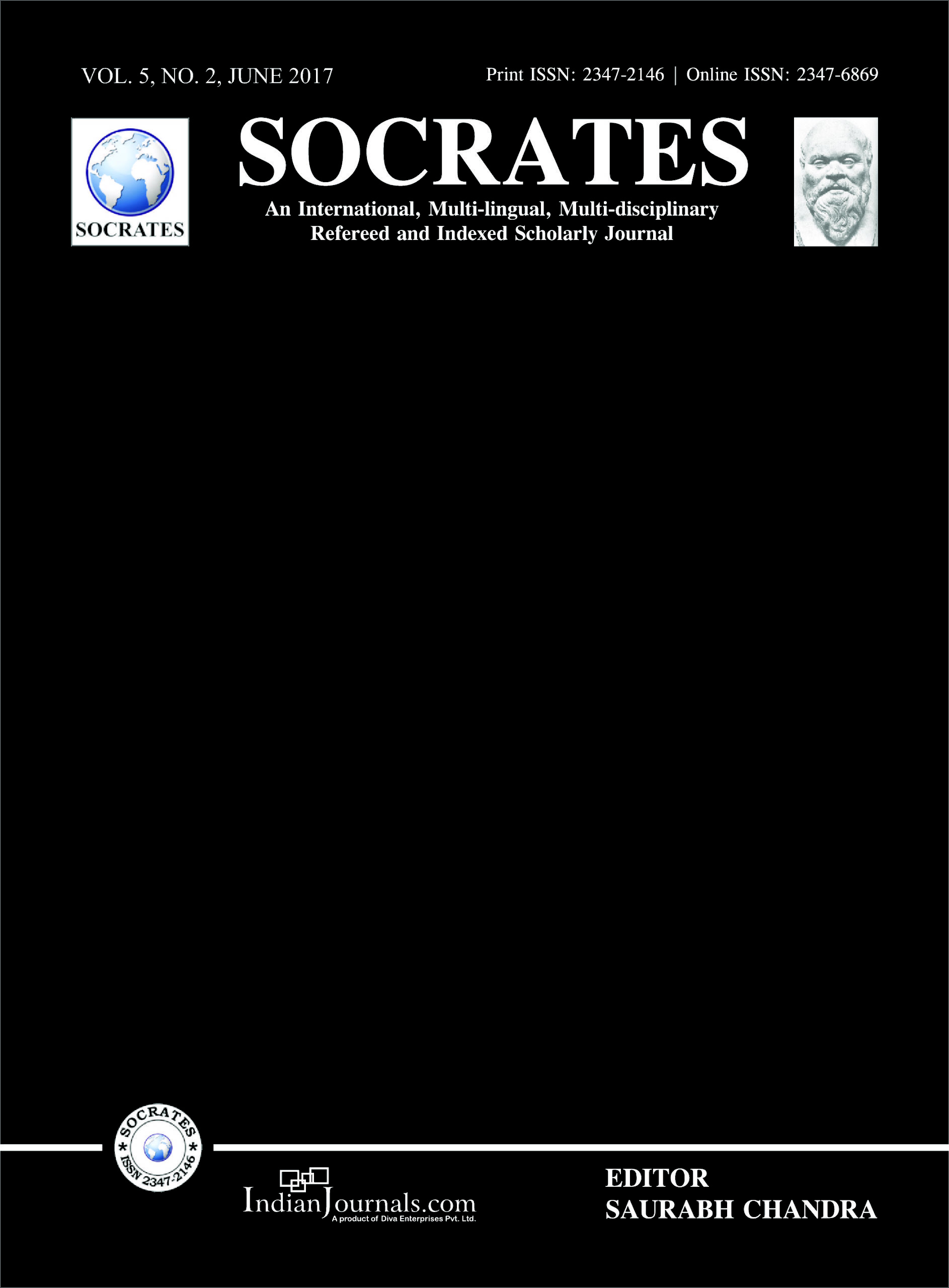
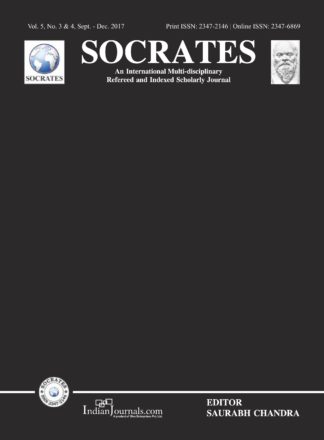
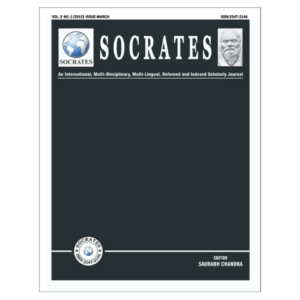
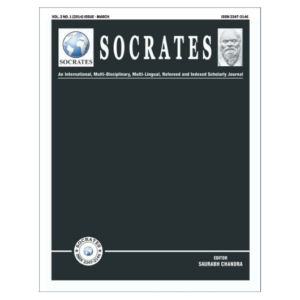



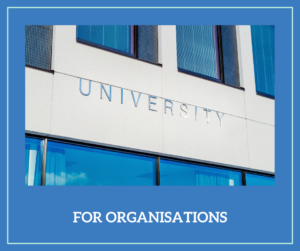
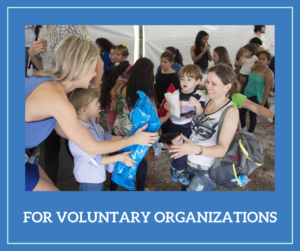

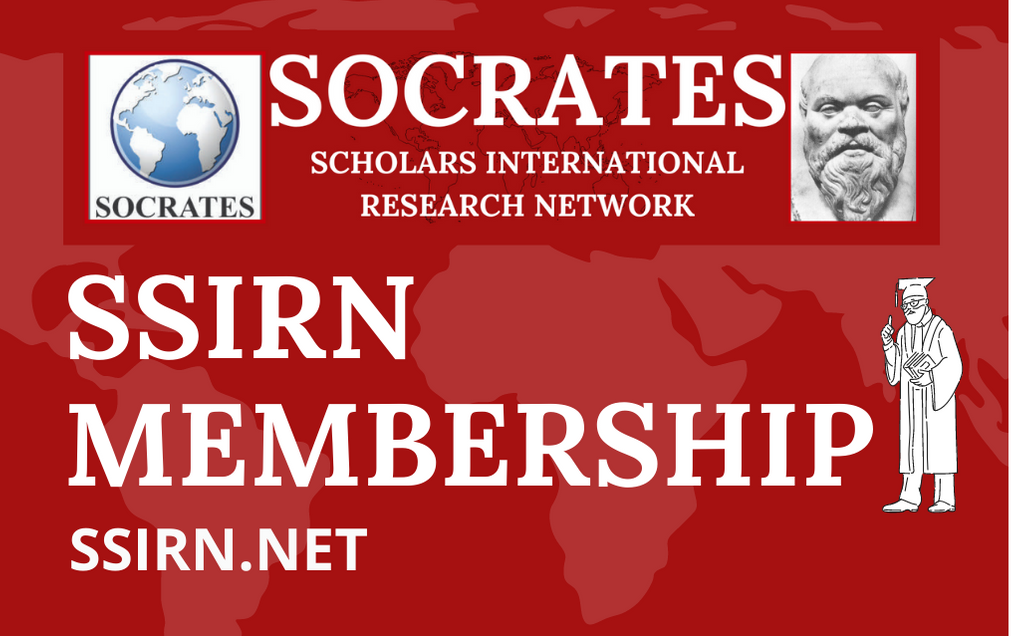
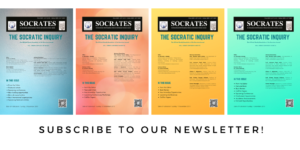

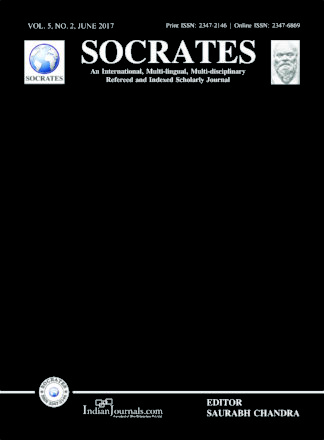
Reviews
There are no reviews yet.